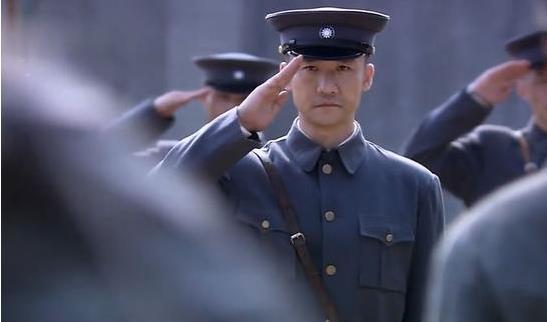The Battle of Xiangxi was the last large-scale battle after the outbreak of the All-out War of Resistance, in which Wang Yaowu, commander-in-chief of the Fourth Front, commanded 280,000 people in 26 divisions of 9 armies and 100,000 people in five divisions of the Japanese army, killing and wounding 35,000 Japanese troops and 20,000 Chinese casualties. In this battle, many classic battles took place, and the Battle of Wugang was a very typical one.

Wugang County is an ancient city with a history of more than 2,000 years, surrounded by mountains on three sides, with a complete city wall and a wide moat. Guarding Wugang was the first battalion of the 172nd Regiment of the 58th Division of the 74th Army, and the battalion commander Ge Dao. In order to take Wugang as soon as possible, in addition to the 58th Brigade and Regiment that attacked Wuyang, the remaining more than 10,000 officers and men all participated in the battle, including tank units and heavy artillery units.
Before the attack, the Japanese army learned that there was only one battalion of troops defending the city, which was very arrogant, and some Japanese officers and soldiers clamored for several hours to take Takeoka. On April 27, 1945, the Japanese launched an attack on Wugang Castle under the cover of tanks and hundreds of cannons, but the Japanese fought for three days, and even the outer positions were not all captured. The walls of Wugang County were very strong, the shells did not work at all, the Japanese finally got a lot of large explosives packages, sent commandos to blast Wugang, but at this time the Japanese army is no longer the Japanese army in the early days of the War of Resistance, even the commandos are selected by lottery.
On May 1, a small number of Japanese troops approached the city wall and blew more than a dozen openings in the city, and the people and officers and soldiers in the city quickly blocked the gap with sandbags. The Japanese army also once used the tactic of man-sea, setting up ladders to climb up, and at this time the 74th Army had been fully equipped with American weapons. The officers and men of the 74th Army burned the wooden ladder with flamethrowers, and the Japanese soldiers were burned like pigs. The defenders also continued to strafe the Japanese troops under the city with Thomson submachine guns, and the blood of the Japanese army stained the water of the moat red.
After 7 days of fierce fighting between the 172nd Regiment of the 58th Division of the 74th Army and the Japanese army, Wang Yaowu ordered the 44th Division in Wuyang to send reinforcements. The Japanese army was caught off guard by the beating, and fled in a hurry, and the officers and men defending the city also quickly went out of the city to counterattack, causing heavy casualties to the Japanese army. In the Battle of Wugang, the 74th Army used a battalion to resist the attack of tens of thousands of Japanese troops for a week, which was indeed a miracle in the history of the War of Resistance.